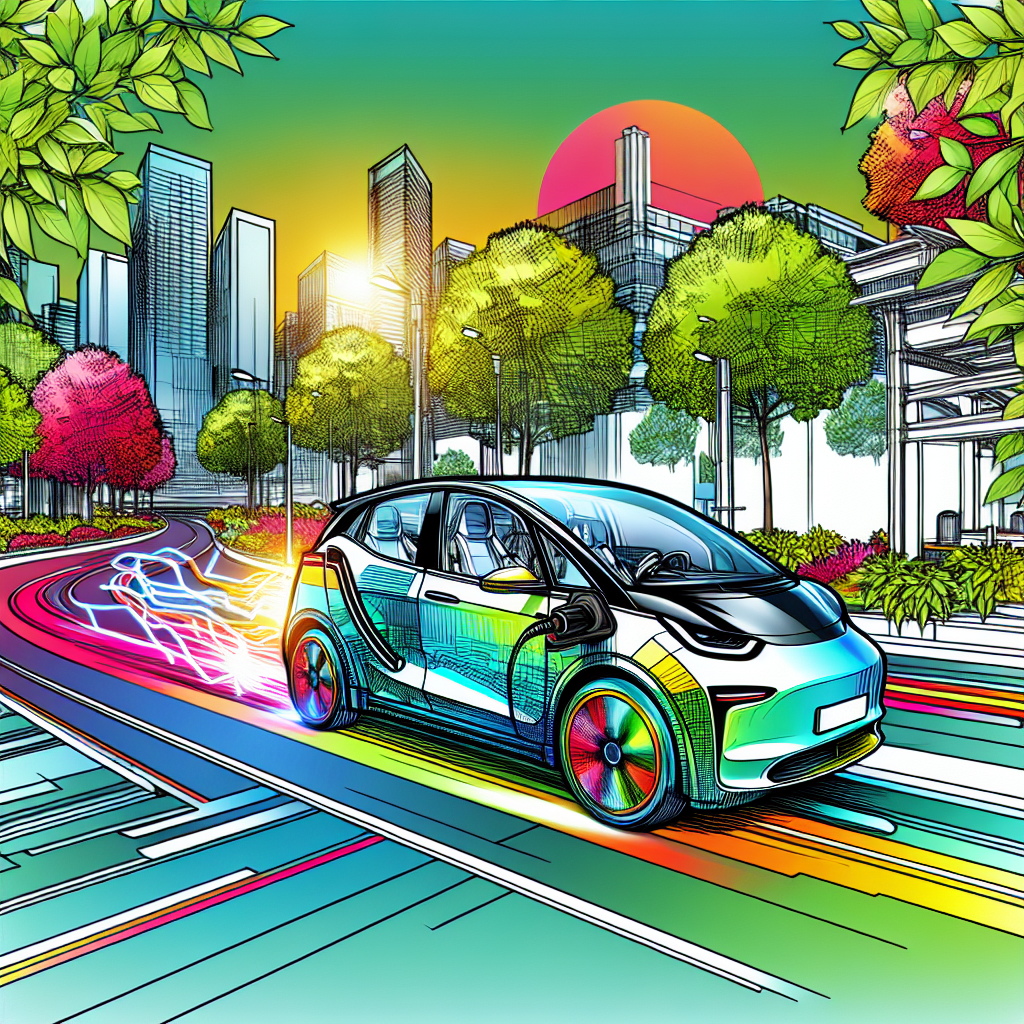The History of Cars: From Horseless Carriages to Modern Vehicles
The history of cars dates back to the late 19th century when pioneers like Karl Benz and Henry Ford introduced the first automobiles to the world. These early vehicles were basic, with limited speed and range. Over time, advancements in engineering, materials, and technology enabled the evolution of cars into sophisticated machines that we see today. From the Ford Model T revolutionizing transportation to the rise of mass production techniques, cars have become an integral part of modern society, offering convenience and mobility to billions worldwide.
Technological Advancements in Automotive Industry
The automotive industry has witnessed a rapid transformation driven by technology. Modern cars are equipped with a plethora of advanced features such as electric propulsion systems, autonomous driving capabilities, connected services, and enhanced safety features like adaptive cruise control and lane departure warning systems. The shift towards electric vehicles (EVs) is a significant trend, with many major manufacturers investing heavily in developing eco-friendly alternatives to traditional internal combustion engines. EVs not only reduce emissions but also offer superior performance and lower operating costs in the long run.
The Rise of Autonomous Vehicles: A Glimpse into the Future
Autonomous or self-driving vehicles represent the cutting-edge of automotive innovation. Companies like Tesla, Google’s Waymo, and traditional automakers are investing heavily in autonomous technology to make driving safer and more efficient. These vehicles utilize a combination of sensors, AI algorithms, and machine learning to navigate roads without human intervention. While full autonomy is yet to be achieved on a large scale due to regulatory challenges and technological limitations, semi-autonomous features like automatic parking and lane-keeping assist are already common in many new car models.
Impact of Electric Cars on Environment and Sustainability
The shift towards electric cars is driven by concerns over climate change and the need for sustainable transportation solutions. Electric vehicles produce lower emissions compared to their gasoline counterparts, helping reduce air pollution and combatting global warming. Governments worldwide are offering incentives to promote EV adoption, including tax credits, rebates, and infrastructure investments. As battery technology advances and charging infrastructure improves, the adoption of electric cars is expected to accelerate, leading to a greener future for the automotive industry.
Challenges and Opportunities in the Automotive Sector
While the automotive industry embraces innovation, it also faces challenges such as cybersecurity threats, regulatory hurdles, supply chain disruptions, and shifting consumer preferences. Manufacturers are under pressure to develop technologically advanced yet affordable vehicles while also complying with stringent emissions standards. On the bright side, emerging technologies like 5G connectivity, artificial intelligence, and blockchain offer opportunities for creating smarter, more efficient vehicle ecosystems. Collaboration between automakers, tech companies, and policymakers is essential to navigate these challenges and shape the future of mobility.
Notes
- Global automotive industry revenue is projected to reach over 2 trillion USD by 2030.
- Electric vehicle sales are expected to account for 58% of global vehicle sales by 2040.
- Autonomous cars could reduce traffic fatalities by up to 90% if widely adopted.
- Tesla’s Model 3 was the world’s best-selling electric vehicle in 2020.
- The development cost for an autonomous vehicle can exceed 1 billion USD.

